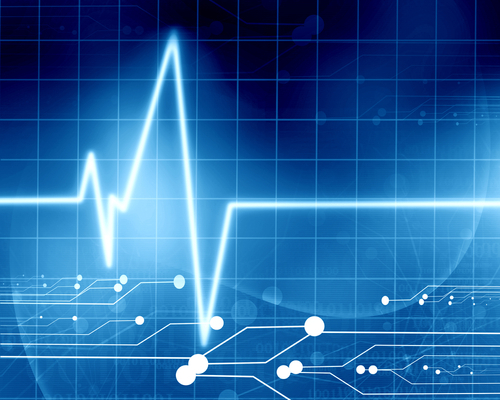Big Data is transforming the nervous system of healthcare
17/10/2012L’industrie du médicament est une chance – Vidéo interactive | LEEM – Les entreprises du médicament
17/10/2012Will monitoring our health be like managing a stock portfolio?
Among Quantified Self devotees who log their every step, calorie and heart beat, Stephen Wolfram, the scientist and innovator behind Wolfram Alpha and Mathematica, is something of a self-tracking superstar. For decades, he’s been collecting all kinds of personal information, from emails sent and received to meetings and phone calls and all of his daily steps. Earlier this year, he published a blog post with graphs visualizing the personal analytics of his life, arguing that, one day, he expects everyone to collect their personal data as a matter of routine.
As more self-tracking apps and devices – like the FitBit, Nike Fuelband and apps that track sleep, mood, meals and other activities – find their way to consumers, that future certainly seems more likely. But how we actually interact with all those streams of data is an open and interesting question, particularly given the fact that a minority of consumers currently take advantage of health tracking platforms and even tracking our finances (which can sometimes have more immediate consequences) can feel like a chore.
At the Wired Health Conference Tuesday in New York, Wolfram was asked by Wired writer and author Steven Levy about how data from sensors and self tracking software could be incorporated into the clinical experience of the future.
“How am I going to find out what’s wrong with me… is my doctor a Genius Bar now?” Levy asked.
Wolfram replied: “People will watch their health in a way that’s a little closer to the way that they watch their financial portfolios.”
Just like fluctuations in financial data can be symptomatic of a problem with a stock, he said, patterns from personal data from sensors and devices could help alert individuals and healthcare providers to medical problems. A combination of human intelligence, experience and data could be used to diagnose a problem and then algorithmically-determined drugs and devices could be used for treatment, Wolfram added.
See on gigaom.com




